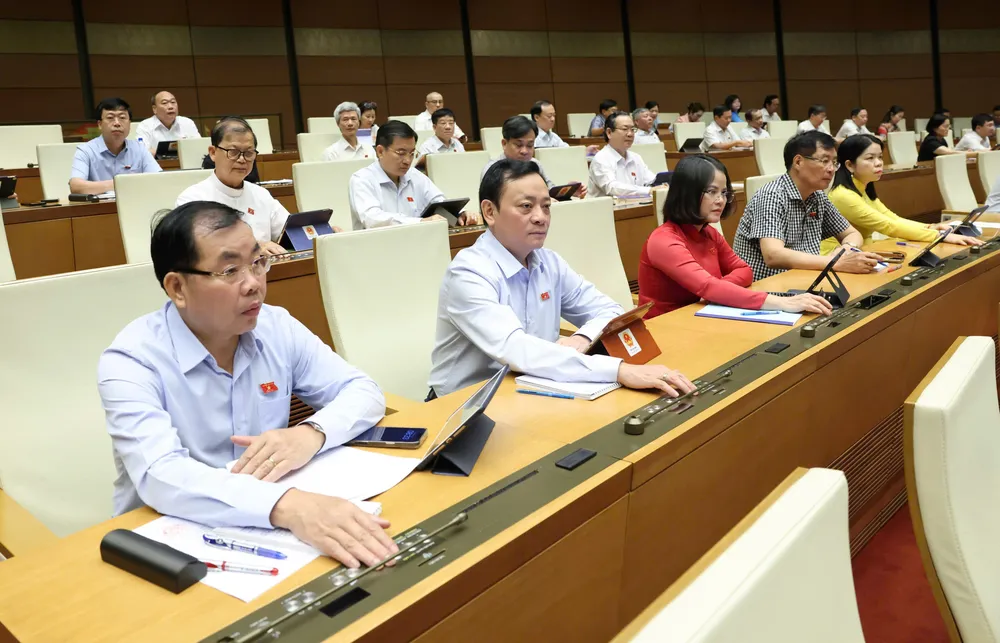
Previously, presenting a report on the reception, revision and completion of the draft Law on Organization of Local Government (amended), Minister of Home Affairs Pham Thi Thanh Tra said that the draft law demonstrates innovative thinking aimed at modern local governance, creating development, removing "bottlenecks", and clearing resources to meet the goal of rapid and sustainable growth of localities in particular and the whole country in general in the new era of the country. The construction of this law also has great historical significance, creating a solid legal foundation for the organization and operation of local governments according to the 2-level local government model, which is organized for the first time in our country.
Regarding the delimitation of administrative units (AUs) and the organization of local governments in theAUs, the draft law establishes a unified 2-level local government organization model (provincial and communal levels) nationwide, clearly defining the tasks, authority and organizational structure of each level of government; establishing a complete legal basis for the local government model in the special economic zones. This is a major change compared to the current Law on Organization of Local Government (3 levels: provincial, district and communal levels).
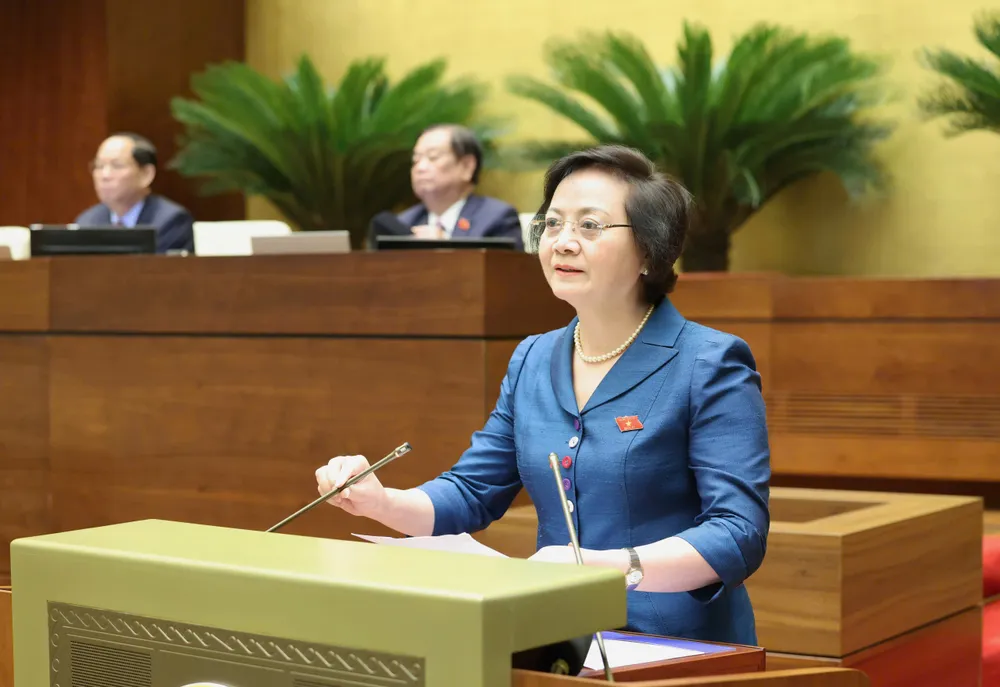
At the same time, the draft law revises and supplements regulations on administrative units, organizational principles and operations of local governments to ensure streamlining, efficiency, effectiveness, efficiency, closeness to the people, better serving the people, thoroughly implementing the principle of "local decision, local action, local responsibility", promoting the proactiveness, creativity, autonomy and self-responsibility of local governments.
Regarding the division of authority, decentralization, delegation, and authorization, to institutionalize the viewpoints and directions of the Central Government, the Politburo , and the Secretariat, the draft law has perfected the principles of division of authority, decentralization, and delegation between the Central Government and local authorities, between provincial-level local authorities and commune-level local authorities in a scientific, synchronous, and unified manner; clearly defining the authority between the People's Committee collective and the individual Chairman of the People's Committee, creating conditions for implementing a flexible and effective management mechanism, encouraging the initiative and creativity of the heads of state administrative agencies at the local level.
The draft has revised and supplemented the regulations on the division of authority, decentralization, delegation and authorization. Specifically, it adds the subjects of decentralization to the People's Council and the Chairman of the Provincial People's Committee; adds the mechanism for monitoring, evaluating and supervising to promptly adjust the contents of decentralization and delegation; empowers the Chairman of the Provincial People's Committee to directly direct and manage the settlement of issues within the tasks and powers of specialized agencies, other administrative organizations under his/her level and of the People's Committee and Chairman of the People's Committee at the commune level, so as not to let the settlement of work and administrative procedures for people and businesses be delayed, congested and ineffective.
Regarding the tasks and powers of local authorities, based on the principles of delimitation of authority, the draft law has comprehensively redesigned the tasks and powers of local authorities at two levels (provincial and communal levels), ensuring clear delineation, without duplication or overlap in the tasks and powers of each level of government, in accordance with the modern local governance model; creating a legal basis for specialized laws to base on the provisions of this law to specifically stipulate the tasks and powers of local authorities at provincial and communal levels in specialized fields.
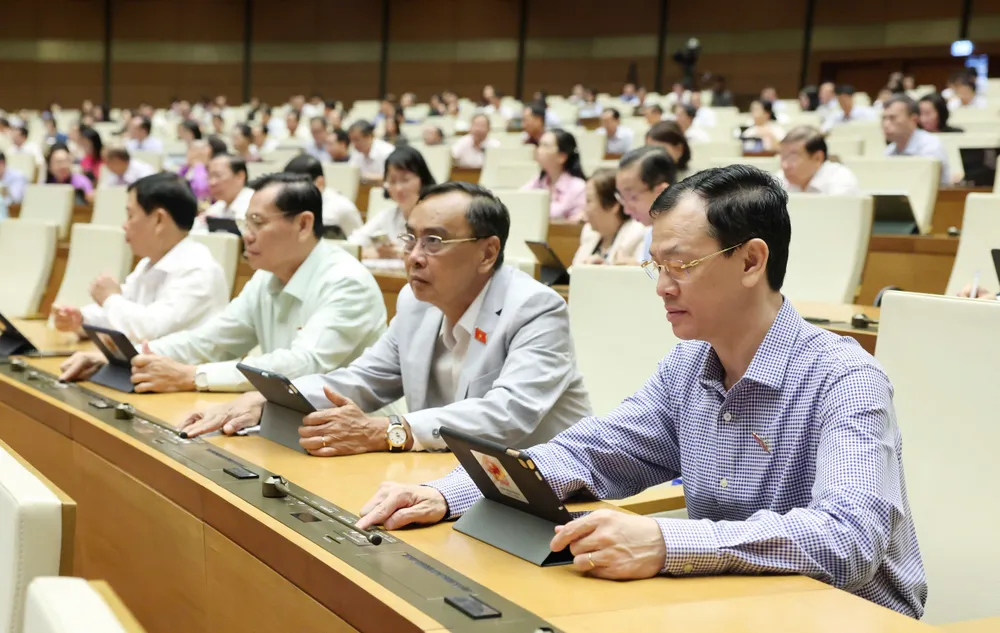
The Government has reviewed and revised the regulations on local government at the provincial and communal levels: adjusting a number of tasks and powers of the People's Committee for the Chairman of the People's Committee (the Provincial People's Committee has 12 groups of tasks and powers; the Chairman of the Provincial People's Committee has 23 groups of tasks and powers; the Commune People's Committee has 10 groups of tasks and powers; the Chairman of the Commune People's Committee has 17 groups of tasks and powers); adding regulations that the Chairman of the People's Committee is allowed to decide on the tasks and powers of the People's Committee (except for contents that require collective discussion of the People's Committee) and report to the People's Committee at the nearest People's Committee meeting. This is a strong reform step to promote the responsibility of the head, creating a driving force for innovation in local governance. These provisions of the law will ensure the promotion of initiative, creativity, flexibility, and greater responsibility of the Chairman of the People's Committee, the effectiveness and efficiency of state administrative management and administration at the local level in accordance with practical requirements.
Regarding the organization of activities, the People's Council at the commune level will have two committees: the Economic - Budget Committee and the Cultural - Social Committee. The law maintains the number of People's Council delegates within the minimum and maximum framework as prescribed, with Ho Chi Minh City and Hanoi having 125 People's Council delegates.
In particular, the law stipulates the conversion of the local government model from 3 levels to 2 levels in large cities such as Hanoi, Ho Chi Minh City and Da Nang. From July 1, wards in these cities will implement a full local government organization model (including both People's Council and People's Committee), ensuring smooth and effective operation.
Source: https://www.sggp.org.vn/quoc-hoi-thong-qua-mo-hinh-chinh-quyen-dia-phuong-2-cap-post799649.html



![[Photo] Dan Mountain Ginseng, a precious gift from nature to Kinh Bac land](/_next/image?url=https%3A%2F%2Fvphoto.vietnam.vn%2Fthumb%2F1200x675%2Fvietnam%2Fresource%2FIMAGE%2F2025%2F11%2F30%2F1764493588163_ndo_br_anh-longform-jpg.webp&w=3840&q=75)






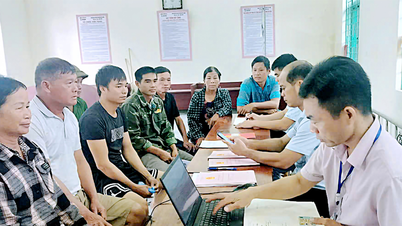

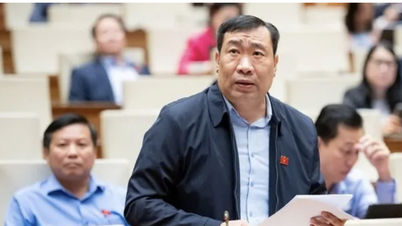
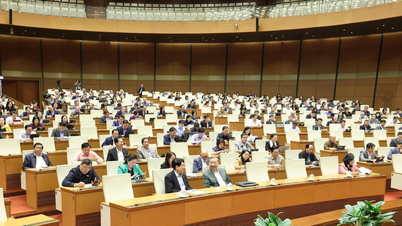
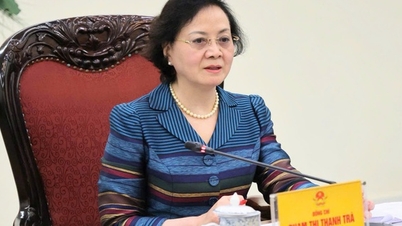

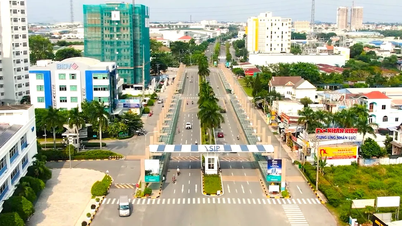



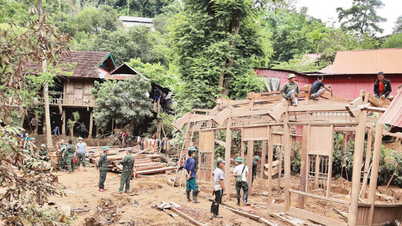












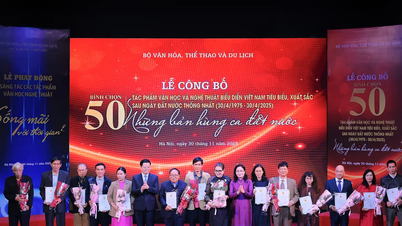











































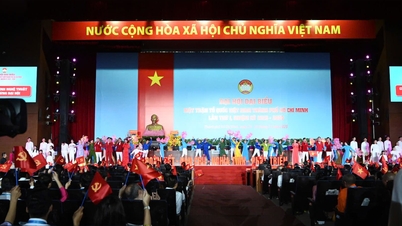




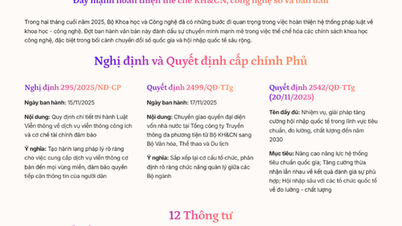

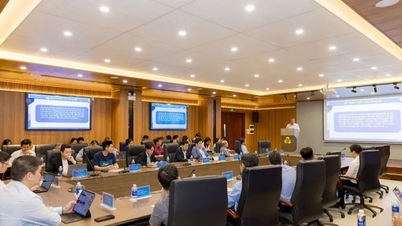
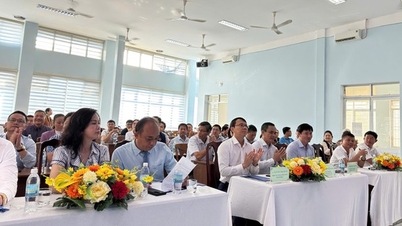
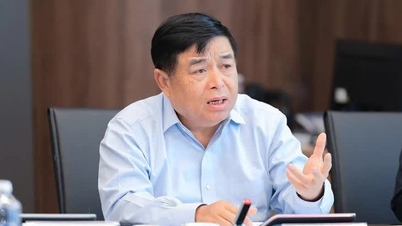


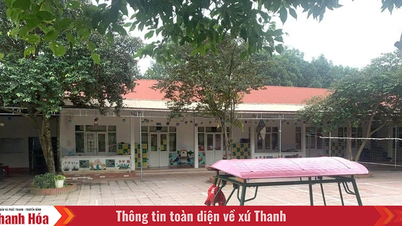

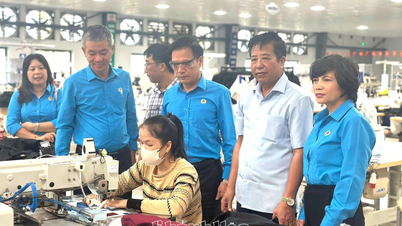

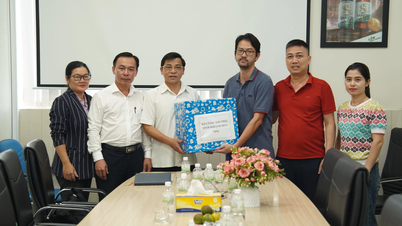















Comment (0)